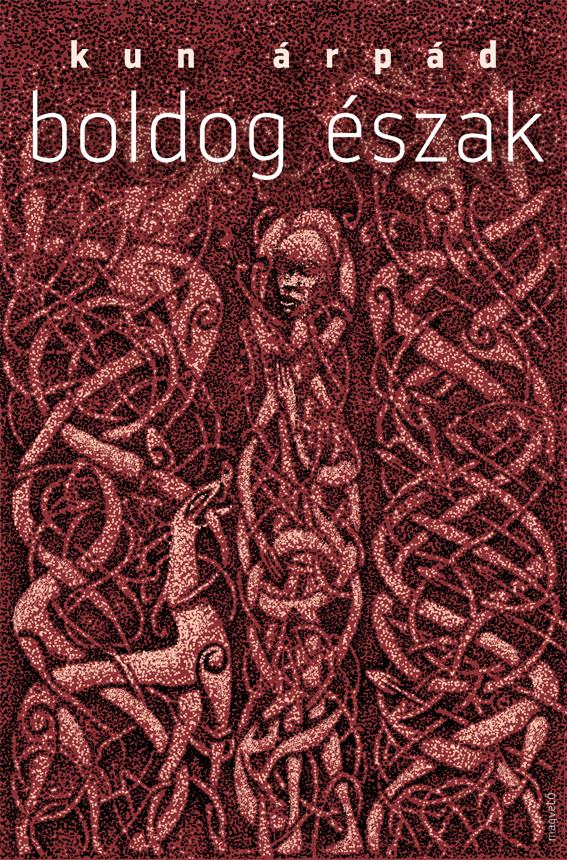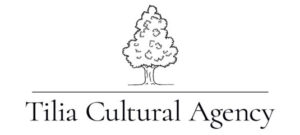
Author: Árpád Kun
Original title: Boldog Észak
Title in English: Happy North
Year of publication: 2013
Publisher: Magvető
Number of pages: 440
Rights sold: Czech Republic, France, German, Latvia, Serbia, Spain, Turkey
Árpád Kun’s book is about Aimé Billion. More precisely, the book’s sub-title tells us that we are reading Aimé Billion’s stories. In any case, the young man growing up in Africa who narrates the first third of the novel was not originally christened Aimé Billion. But until the age of 38, had no idea of his other name and identity. It takes us a while to discover that thanks to his paternal inheritance, he is entitled to French citizenship, which could give him the life he had hoped for and make him into a real Western young man. Of course, it remains to be seen how that longed-for and seemingly out of reach life actually turns out when it comes within your grasp, and how you can come to terms with a – not at all simple – past, as well as what you can do for your present and future. In a certain sense, The Happy North is a bildungsroman in which the hero, growing up in his voodoopracticing grandfather’s not always outstanding care, absorbs the elements of the belief system of his native region as a matter of course, as well as truths like: “according to my grandfather, our very self is our greatest illusion.”
Beneath the authentic and at the same time searching tone of the novel, a host of deities, snakes and snake-charmers, as well as journeys into the subconscious provide the rules for a reality that are really not so hard to understand after all. Aimé guides the reader with complete assurance through his internal and external journeys, leaving Africa for Norway, via France. The narrator is not immune to moments of wonder and naivety, but his nonetheless patient and reliable voice touches on such topics as growing up, saying goodbye to his parents, learning about – and coming to terms with – sex, finding a calling (he becomes a nurse in Norway) and finally, a love fulfilled. But he also talks about problems such as the absurd situations into which belonging to a family, nation, country, and various institutions sometimes plunge us. Contemporary Hungarian literature is not typically endowed with the – though familiarly ironic, but nonetheless – fundamental optimism present in Kun’s novel, which was such a breath of fresh air in Hungarian literary life. Aimé Billion, who initially knows the world only from travel guides, ends up discovering everything neatly in his own present-day reality that he needs to live a happy life in the Happy North.
Read more (external link)
And more (external link)
Short excerpt (translated by Thomas Cooper)
Another excerpt (external link, translated by Jozefina Komporaly)
Another excerpt (external link, translated by Richard Robinson)
Full French translation available
